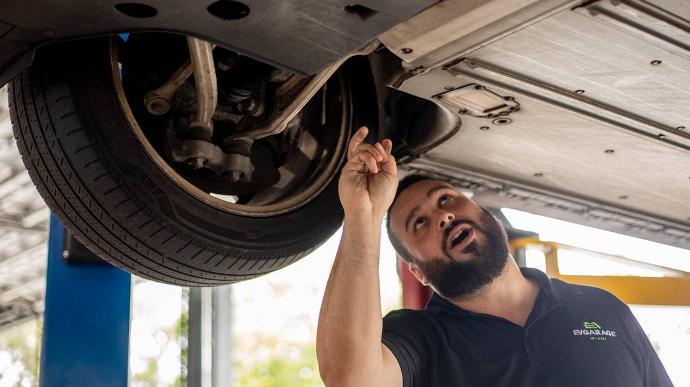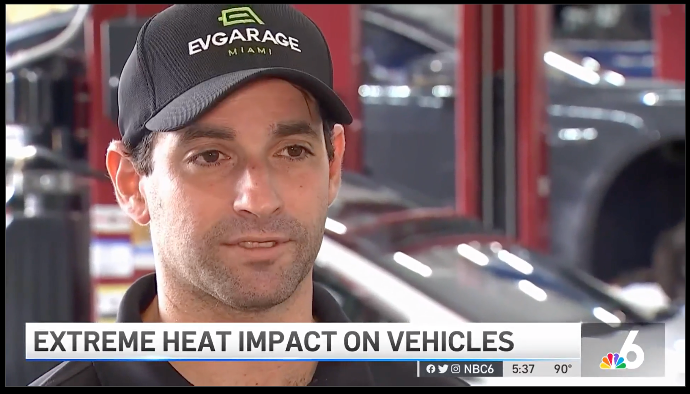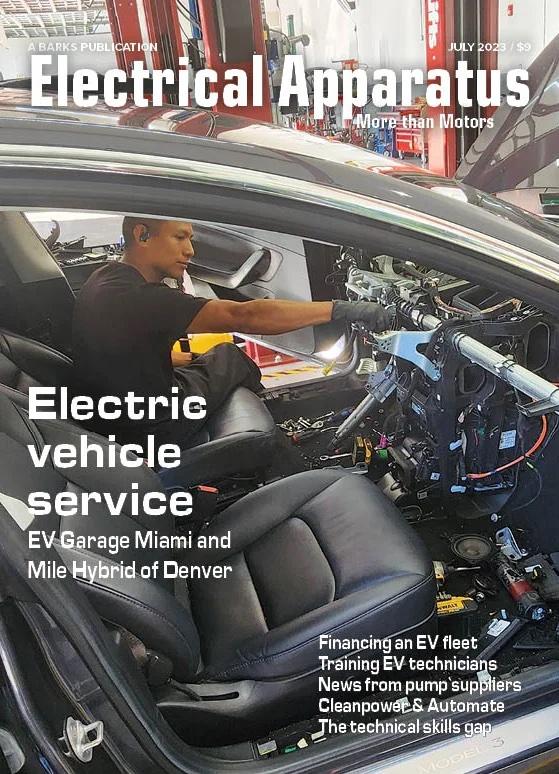Reading time: 3 min
Author: Ev Garage Marketing Department
The economy is changing fast. One factor contributing to this phenomenon is the increasing popularity of electric power as a source of energy for commercial fleets. The times are right for those fleets that are willing to take the lead toward a sustainable future. Electric vehicles (EVs) are the frontrunners in the race for a cheaper and environmentally clean transport system. They require minimal maintenance and have lower operating costs and fuel expenses.
This article takes an in-depth look at the electrification of commercial groups and the advantages it offers. It also examines the factors that make 2023 a crucial year for the transformation of this sector.
Getting Started: The Benefits
The era of internal combustion engine (ICE) vehicles governing commercial fleets is over. Electric cars are changing the game by providing three financial benefits: lower operation costs, reduced fuel expenses, and simplified maintenance.
As a result, electric vehicles have higher utilization rates than traditional ICE vehicles, which results in a substantially reduced Total Cost of Ownership (TCO). The numbers speak for themselves - adopting electric vehicles is a strategic decision that not only aligns with sustainability goals but also improves the financial well-being of your fleet.
Qualification Parameters
To benefit from electrification and its associated credits, fleets must meet specific criteria.
Eligible vehicles are those purchased between 2023 and 2032, with a minimum battery capacity of 7-kilowatt hours at least.
Be made by an approved manufacturer in North America, for business use in the United States.
For your business use only, not for resale purposes.
Mainly used within the United States.
Additionally, they must not have previously received credits under sections 30D or 45W.
To see a complete list of qualifications, please visit https://www.irs.gov/credits-deductions/commercial-clean-vehicle-credit
The Inflation Reduction Act of 2022 introduces a range of incentives, making the transition to electric vehicles more beneficial for knowledgeable fleet managers.
Incentive Program
The Inflation Reduction Act of 2022 introduces a range of incentives, making the transition to electric vehicles more beneficial for knowledgeable fleet managers. Enterprises and tax-exempt organizations now have the opportunity to receive significant benefits.
Credits of up to $7,500 for vehicles with gross vehicle weight ratings (GVWRs) under 14,000 pounds.
$40,000 for vehicles exceeding this limit.
Moreover, the act extends incentives to companies investing in EV charging infrastructure, providing credits worth 30% of the equipment costs.
For further information, please visit https://www.irs.gov/credits-deductions/commercial-clean-vehicle-credit
Discover significant cost savings opportunities by utilizing the variety of incentives provided by local utilities, state agencies, and the federal government for EVs and EV chargers. This multifaceted approach not only increases financial profits but also brings a remarkable return on your investment throughout the lifecycle of your fleet operations.
We are committed to providing more than just sales, we offer warranty, service, and maintenance to support you at every stage of your EV ownership journey.







